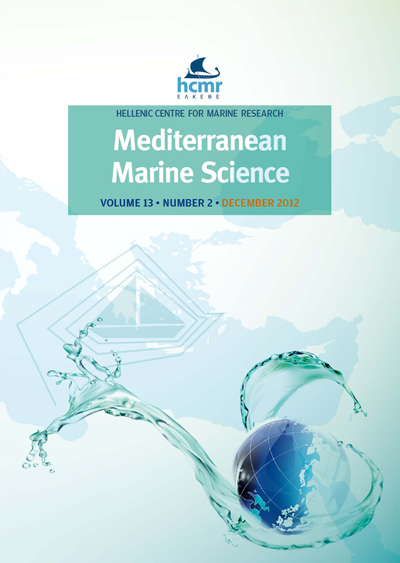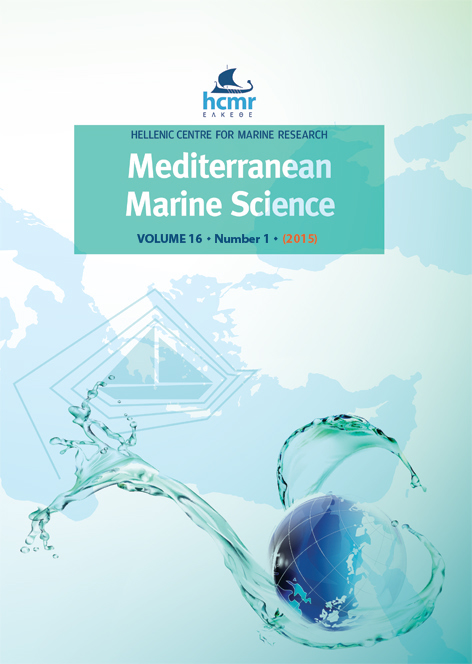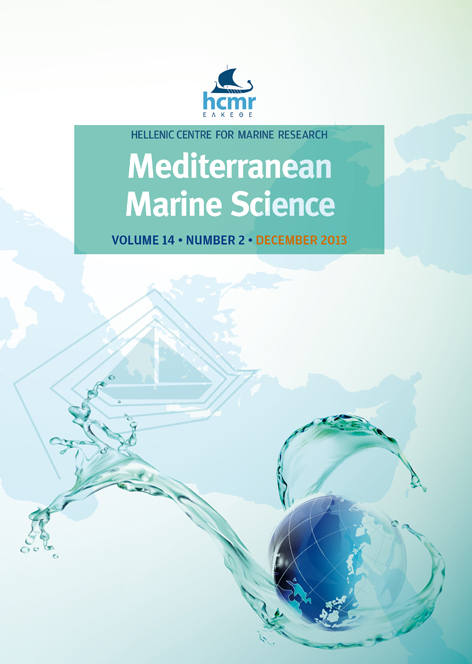Sea urchin response to rising pCO2 shows ocean acidification may fundamentally alter the chemistry of marine skeletons
Resumen
Ocean acidification caused by an increase in pCO2 is expected to drastically affect marine ecosystem composition, yet there is much uncertainty about the mechanisms through which ecosystems may be affected. Here we studied sea urchins that are common and important grazers in the Mediterranean (Paracentrotus lividus and Arbacia lixula). Our study included a natural CO2 seep plus reference sites in the Aegean Sea off Greece. The distribution of A. lixula was unaffected by the low pH environment, whereas densities of P. lividus were much reduced. There was skeletal degradation in both species living in acidified waters compared to reference sites and remarkable increases in skeletal manganese levels (P. lividus had a 541% increase, A. lixula a 243% increase), presumably due to changes in mineral crystalline structure. Levels of strontium and zinc were also altered. It is not yet known whether such dramatic changes in skeletal chemistry will affect coastal systems but our study reveals a mechanism that may alter inter-species interactions.
Article Details
- Cómo citar
-
BRAY, L., PANCUCCI-PAPADOPOULOU, M., & HALL-SPENCER, J. M. (2014). Sea urchin response to rising pCO2 shows ocean acidification may fundamentally alter the chemistry of marine skeletons. Mediterranean Marine Science, 15(3), 510–519. https://doi.org/10.12681/mms.579
- Número
- Vol 15, No 3 (2014)
- Sección
- Research Article
Authors who publish with this journal agree to the following terms:
- Authors retain copyright and grant the journal right of first publication with the work simultaneously licensed under a Creative Commons Attribution Non-Commercial License that allows others to share the work with an acknowledgement of the work's authorship and initial publication in this journal.
- Authors are able to enter into separate, additional contractual arrangements for the non-exclusive distribution of the journal's published version of the work (e.g. post it to an institutional repository or publish it in a book), with an acknowledgement of its initial publication in this journal.
- Authors are permitted and encouraged to post their work online (preferably in institutional repositories or on their website) prior to and during the submission process, as it can lead to productive exchanges, as well as earlier and greater citation of published work (See The Effect of Open Access).









